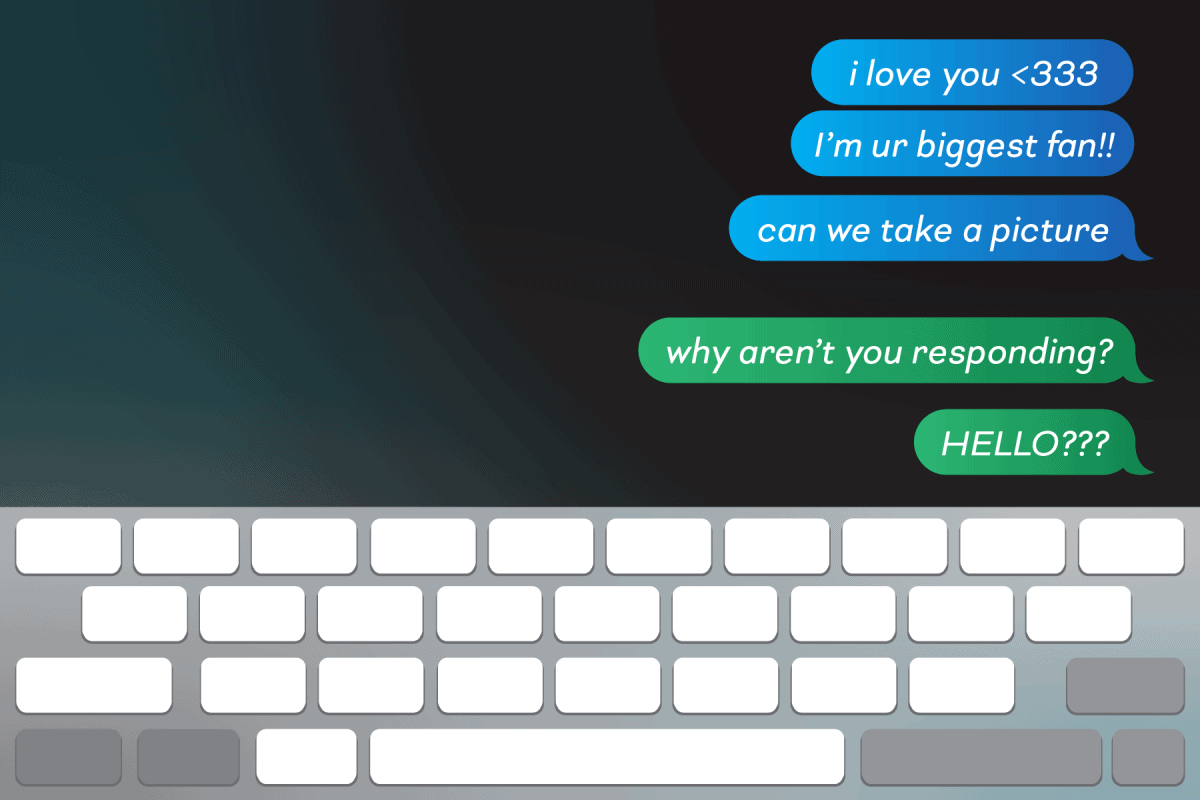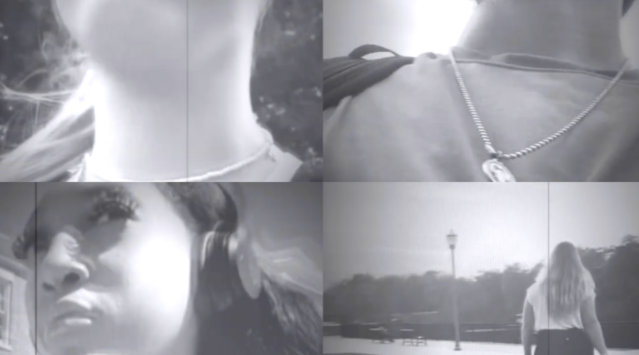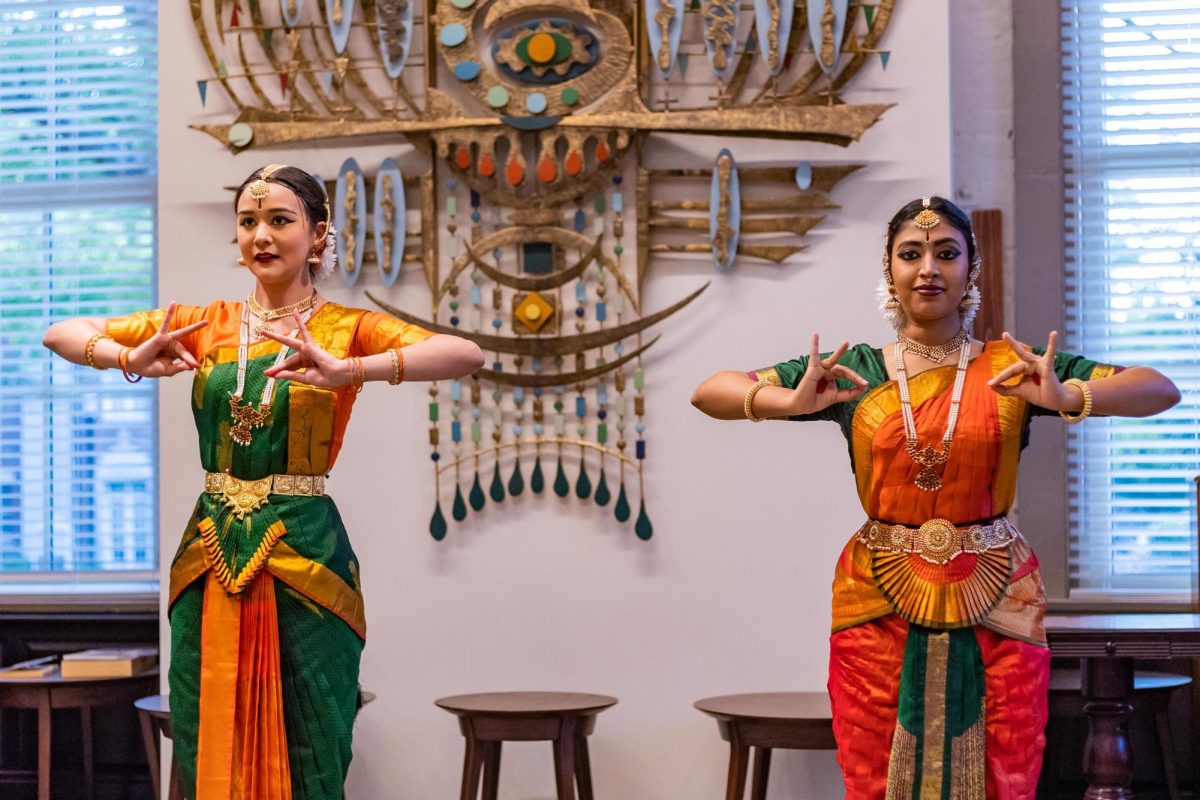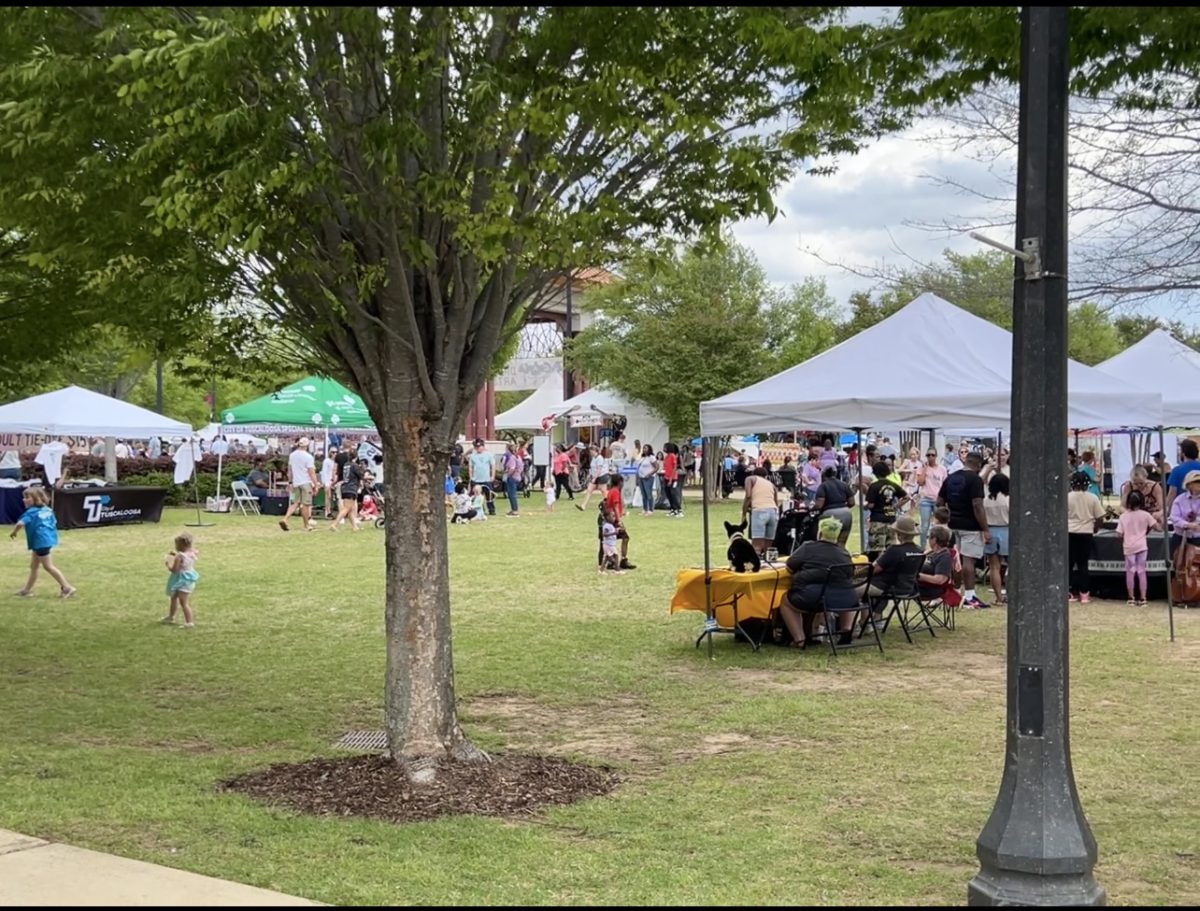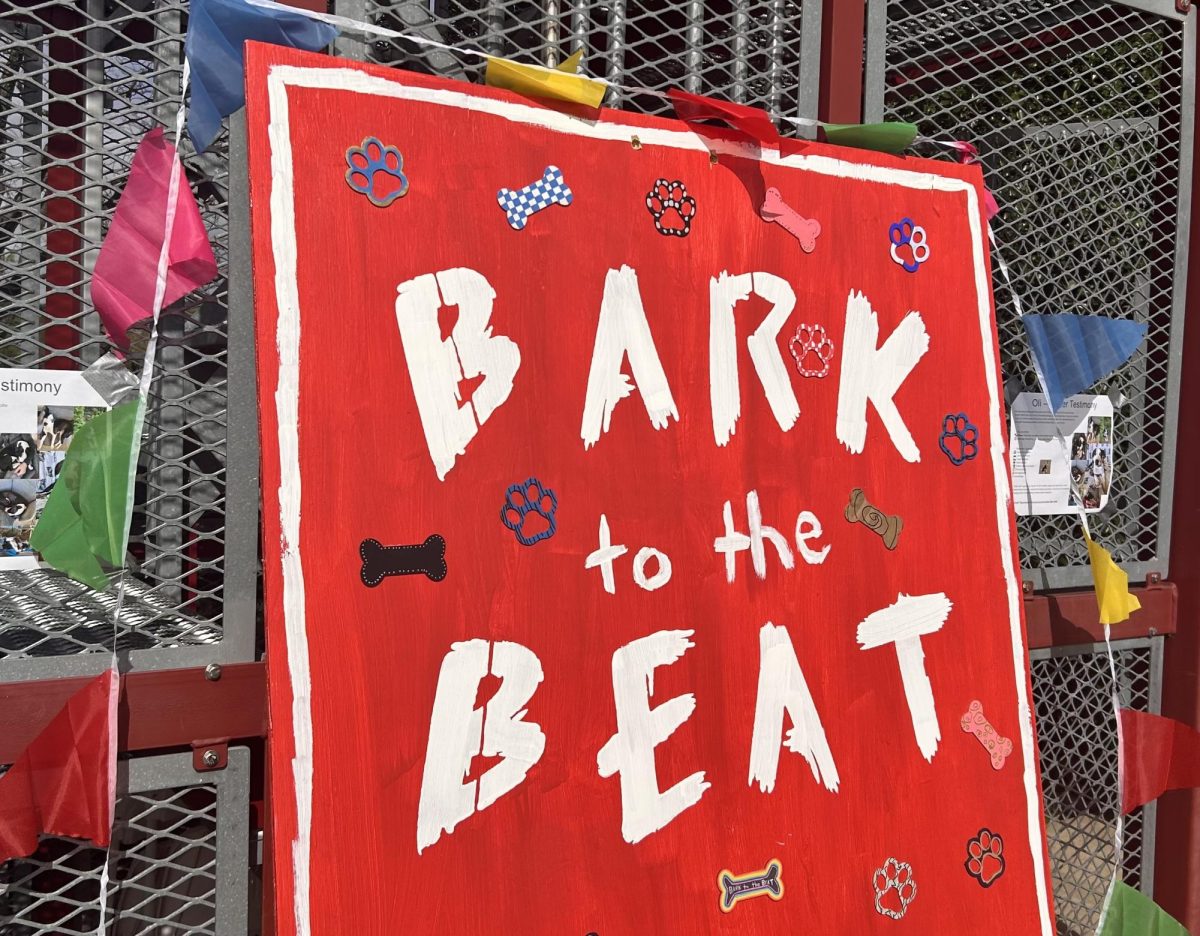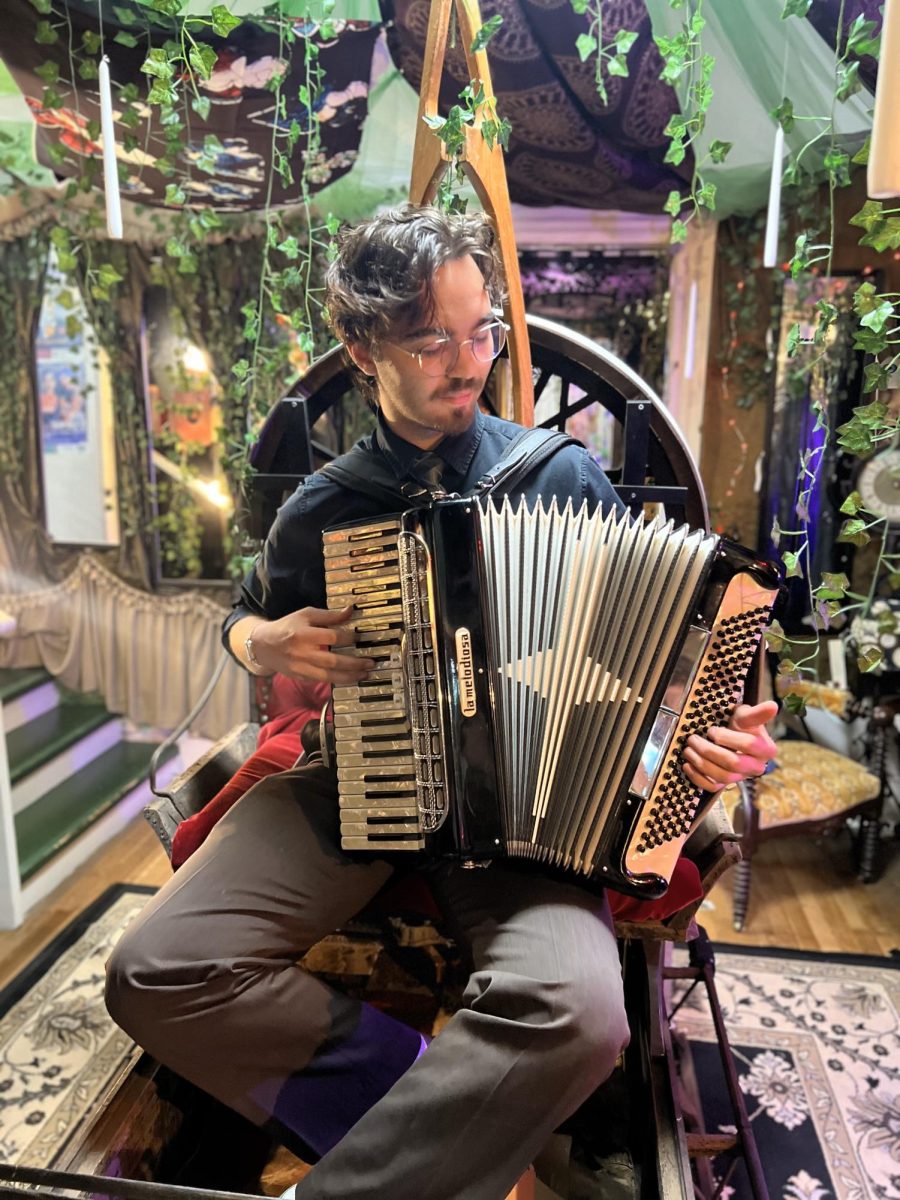Pop singer Chappell Roan recently took to social media to address a terrifying situation: She is being stalked. The rising star, known for her powerful vocals and distinctive style, revealed to her fans that she has been the target of a persistent and invasive stalker. Roan’s candid posts highlight the common issue of celebrity harassment, sparking conversations about the safety of public figures in the digital age.
In her posts, Roan described living in fear, detailing how her stalker has been sending her threatening messages and showing up at her performances.
“I don’t care that this crazy type of behavior comes along with the job, the career field I’ve chosen. That does not make it OK,” Roan said in a TikTok.
Roan’s openness has garnered widespread support, with fans and fellow musicians rallying around her. However, her experience is far from isolated. Recent years have seen a rise in similar cases of harassment and stalking among celebrities, underscoring the vulnerabilities that come with fame.
Shaheen Kanthawala, assistant professor in the Department of Journalism and Creative Media, has taught courses on the effects of social media.
Kanthawala said parasocial relationships are one-sided relationships that are most often between a person who develops a strong sense of connection to another person, often a celebrity.
“They’re these one-sided relationships that occur when people feel this kind of friendship or something with this person who’s a mass media personality,” Kanthawala said. “But that’s not reciprocated, because they technically don’t know you. It feels like you are friends with them just because of how intertwined their work is in your life.”
Billie Eilish, a Grammy-winning artist, has faced her share of distressing encounters with fans, highlighting the darker side of parasocial relationships.
Eilish was granted a restraining order against a stalker who repeatedly visited her family home, leaving unsettling notes and attempting to make contact.
Another high-profile case is that of actress Emma Watson, who has been outspoken about her own experiences with stalkers.
In 2021, Watson shared that she had taken legal action against several individuals who had tracked her movements and sent her disturbing letters. Watson used the opportunity to advocate for stronger protections for women in the public eye.
These incidents reflect a broader trend of escalating celebrity harassment fueled by the easy access that social media provides. While platforms like Instagram and X offer celebrities ways to connect with their fans such as live streams, they also create opportunities for dangerous individuals to exploit these connections.
Roan’s experience is a stark reminder of the potential dark side of these relationships, emphasizing the importance of boundaries. As the conversation about celebrity safety continues, it’s crucial to address the impact of parasocial relationships on both celebrities and their followers.
“Sometimes, depending on who you’re developing that parasocial relationship with, they might even respond to you, or they might highlight a message or a post that you’ve sent them,” Kanthawala said, “So that kind of makes and adds to those pieces of that parasocial relationship. It feels like that person is a part of your life when ultimately that’s not the case.”



